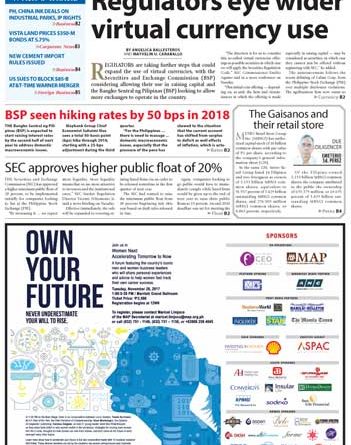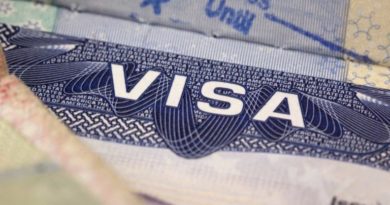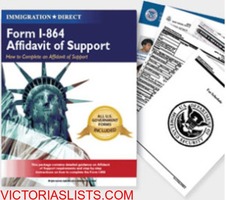Manila: Business: Regulators eye wider virtual currency use
Regulators are taking further steps that could expand the use of virtual currencies, with the Securities and Exchange Commission (BSP) considering allowing their use in raising capital and the Bangko Sentral ng Pilipinas (BSP) looking to allow more exchanges to operate in the country.
“The direction is for us to consider this so-called virtual currencies offerings as possible securities in which case we will apply the Securities Regulation Code,” SEC Commissioner Emilio Aquino said in a news conference on Tuesday.
“This initial coin offering — depending on, as said, the facts and circumstances in which the offering is made especially in raising capital — may be considered as securities, in which case they cannot just be offered without registering with SEC,” he added.
The announcement follows the recent delisting of Calata Corp. from the Philippine Stock Exchange (PSE) over multiple disclosure violations. The agribusiness firm now wants to list on a cryptocurrency exchange, with shares to be converted into “Calcoins”.
<>
<>
Aquino noted the increasing popularity of initial coin offerings and said that regulators wanted to lay down rules that would protect consumers.
“We have seen particularly in the social media sites that there are offers of initial coin offerings, most popular of which, of course [are]bitcoins and ethereum … but [there are]new ones which may be considered as securities,” he said.
“That’s the direction we’re taking, basing on the present regulations passed by the US SEC, our other counterparts in Malaysia, Hong Kong and Thailand.”
He said the SEC was currently in talks with the BSP with regard to virtual currencies.
“There are at least five or six companies which have already been registered and endorsed by the BSP but these are limited [only]to money services businesses to address remittances being done by OFWs (overseas Filipino workers) to bring down the cost,” Aquino said.
Speaking at an economic briefing on Tuesday, meanwhile, central bank Governor Nestor Espenilla Jr. said the BSP had registered just two exchanges but added that the list could be expanded.
“At the BSP, we have an open-minded approach to fintech (financial technology). This means that we take a very active role in ensuring that our policies provide opportunities for innovation,” Espenilla Jr. said in a keynote during the Security Bank Economic Forum 2017.
“Today, there are two virtual currency exchangers registered with the BSP and several more are under evaluation,” he added.
Interviewed at the sidelines of the forum, Espenilla stressed that the only thing that the BSP had allowed so far was for these firms to operate as the equivalent of money changers.
“Its very simple, what they are allowed to do is to exchange a cryptocurrency or bitcoin into peso equivalent. It’s just moving from normal money to cryptocurrency,” he added.
The BSP earlier this year moved to regulate virtual currency (VC) transactions, in January issuing Circular 944 that set guidelines for the operation of VC exchanges.
The central bank said it was not endorsing any virtual currency but wanted to regulate their use for payments and remittances and limit money laundering and terrorist financing risks.
VC exchanges were required to register with the BSP and the Anti Money Laundering Council and submit periodic reports regarding transactions and their finances.
In August, Espenilla said the central bank was now regulating the operations of two bitcoin exchanges, which he described as “local-based” with “international roots.”
.
Courtesy: Business Times | BY ANGELICA BALLESTEROS, TMT | ON MAYVELIN U. CARABALLO
.
NOTE : All photographs, news, editorials, opinions, information, data, others have been taken from the Internet ..aseanews.net | [email protected] |
For comments, Email to : Pahulu Gan – Contributor | [email protected]









